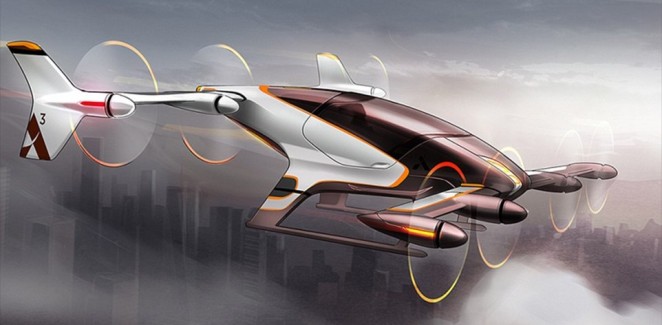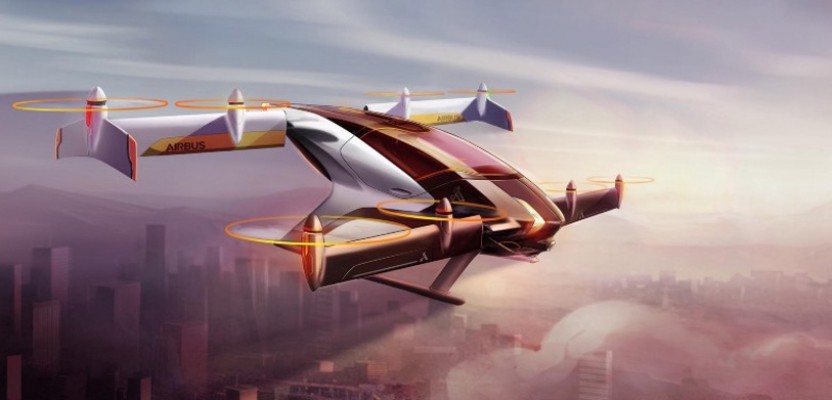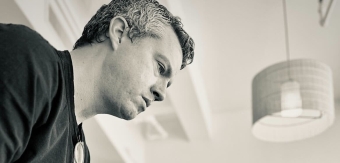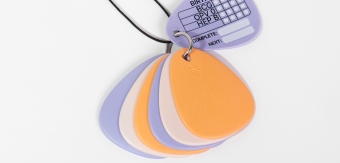In a move that will delight anyone who has ever seen Back to the Future 2 or The Fifth Element, Airbus is reportedly planning to test self-piloted personal aircraft by the end of the year, primarily as a means of reducing traffic on inner-city roads. The announcement was made by the aerospace group's CEO, Tom Enders, at the DLD digital tech conference in Munich on Monday (January 16). During his keynote speech, Enders announced Airbus is investing in driverless technologies and artificial intelligence, which could lead to them developing a fleet of flying single-person cars that will be airborne by the end of the year. He explained: “One hundred years ago, urban transport went underground. Now we have the technological wherewithal to go above ground. We are in an experimentation phase. We take this development very seriously. If we ignore these developments, we will be pushed out of important segments of the business.” Enders also noted how the development could affect city planning and infrastructure in the future, with flying cars meaning that city planners of the future wouldn't need to pour billions into needless roads and bridges.

“We seek to help enable truly vertical cities by opening up urban airways in a predictable and controlled manner”
The personal aircraft is being explored in as part of Project Vahana, a project that grew out of the company's Urban Air Mobility initiative, which is dedicated to less-conventional vehicle concepts such as vehicles used to transport individuals or helicopter-style vehicles that carry multiple riders. The immediate aim would be for people to book the personal aircraft using an app, similar to car-sharing schemes such as Uber, but as far as the future is concerned, the sky is very much the limit. Airbus has also been working on vertical take-off and landing technology that would allow vehicles to pick up passengers in busy urban areas, and has said it expects to be putting them into production by 2021.
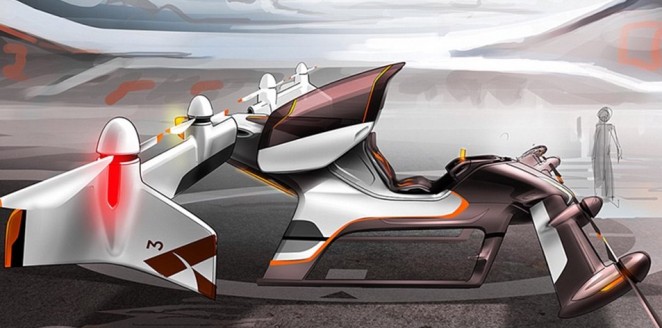
“Full automation will allow us to achieve higher safety by minimising human error”
This is only the latest in a long line of unconventional patents filed by Airbus in recent years of course. In 2014 the company applied for a patent on bicycle-style seats that would replace seat cushions with saddles and in 2015 it filed one for two-storey passenger seating that would make the most of unused cabin space by stacking travellers one on top of another. Most recently, the company patented removable aeroplane cabins for faster boarding. Neither of these patents have come to fruition yet, so it stands to reason that Project Vahana might just be a pipe dream. It's certainly an exciting dream though, and one that isn't completely implausible.
